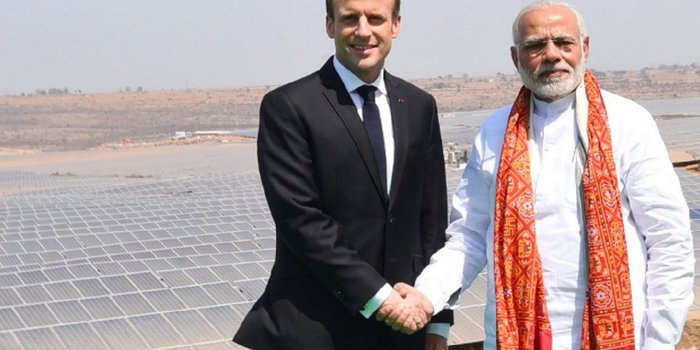
More than two billion dollars will be invested into the expansion of solar energy in developing countries. The money will go to projects in countries particularly endowed with a lot of sunlight.
This was the message from India’s Prime Minister Narendra Modi and France’s President Emmanuel Macron during a meeting with the International Solar Alliance (ISA) organization in New Delhi last week.
The Founding Conference was co-chaired by Mr. Modi and French President Emmanuel Macron. Mr. Modi presented a 10-point action plan aimed at making solar power more affordable while raising the share of power generated. The initiative aims to meet the energy needs of countries in regions with extraordinary conditions for solar energy.
India announced one of the world’s largest investment plans in solar energy with $1.4 billion line of credit will cover 27 projects in 15 countries and boost the much-required financial power to the solar sector.
France committed to providing an additional €700 million in loans and support by 2022 to emerging economies for solar energy project.
The money from India and France will, inter alia, enable street lighting in Seychelles, a solar power park in Bangladesh and generate electricity to drive pumps for irrigation.
The World Bank has also pledged $500,000, and other agencies, including the Green Climate Fund, have offered to support the scheme, but most of the investment is expected to come from the private sector.
The investment effort could have a big impact on the local level, but critics argue that decision-makers should instead use incentives to encourage private actors to invest in solar energy, by for example ending subsidized fossil fuels.
France and India have also signed a nuclear agreement where France will help India with its extensive and expansive nuclear power plant program. In particular, the countries commit themselves to collaborating concerning the construction of a power plant in Jaitapur which, if built, will become the world’s largest nuclear power plant. It will consist of six reactors with an electrical power of 1650 MW each.
The focus on nuclear and renewable energy is seen by the country as a necessity to satiate the increasing demand for electricity and to meet India’s climate target. The country is highly dependent on fossil energy today, especially coal.

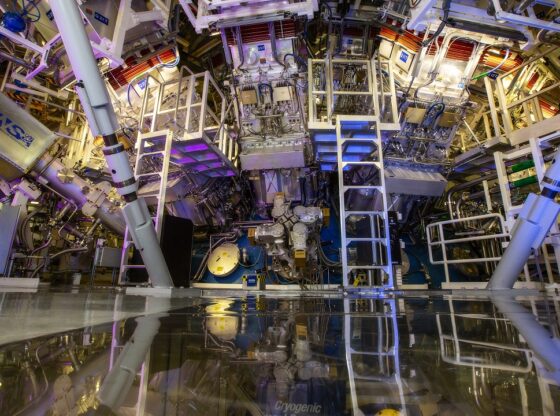
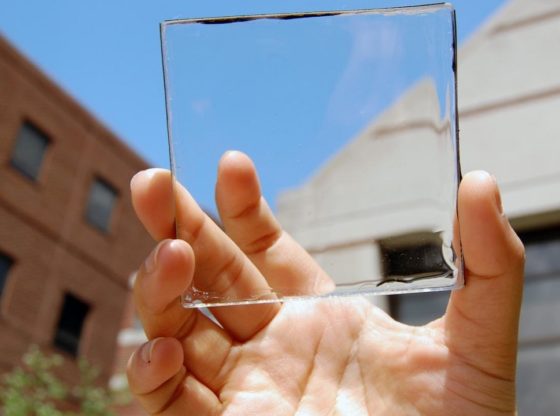

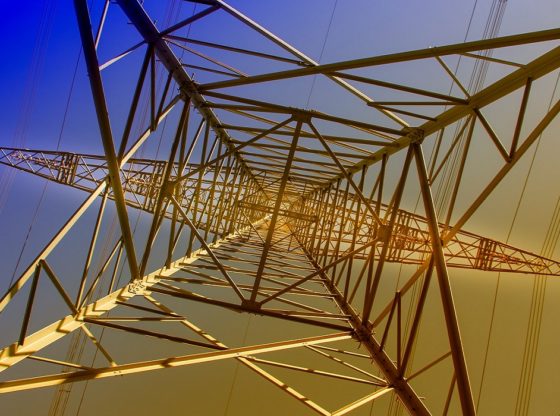
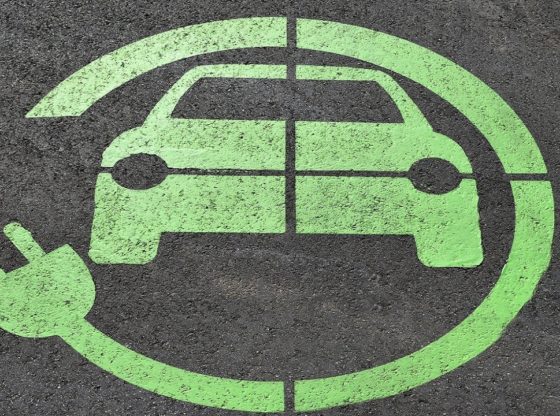

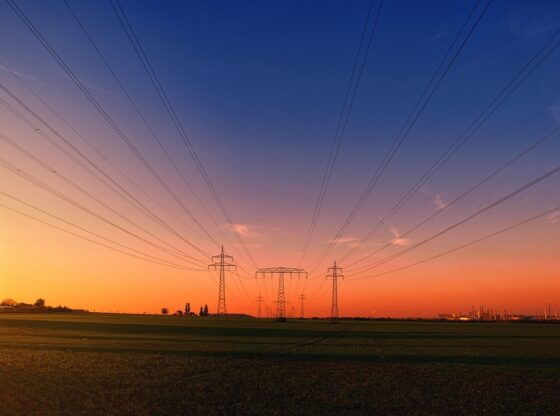
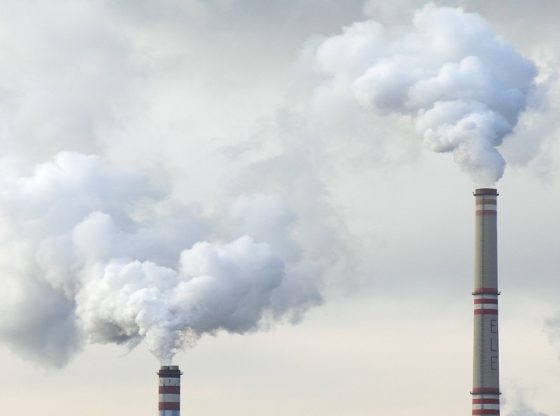

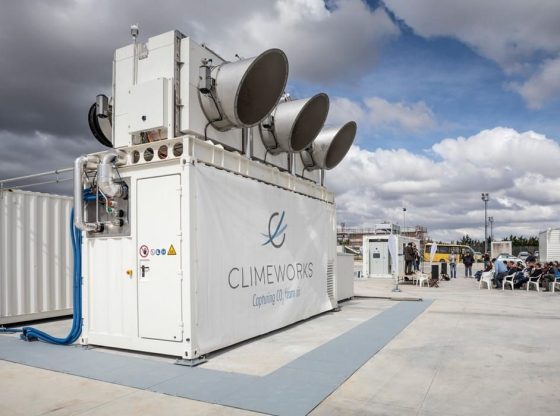
![OpenAI. (2025). ChatGPT [Large language model]. https://chatgpt.com](https://www.illustratedcuriosity.com/files/media/55136/b1b0b614-5b72-486c-901d-ff244549d67a-350x260.webp)
![OpenAI. (2025). ChatGPT [Large language model]. https://chatgpt.com](https://www.illustratedcuriosity.com/files/media/55124/79bc18fa-f616-4951-856f-cc724ad5d497-350x260.webp)
![OpenAI. (2025). ChatGPT [Large language model]. https://chatgpt.com](https://www.illustratedcuriosity.com/files/media/55099/2638a982-b4de-4913-8a1c-1479df352bf3-350x260.webp)








